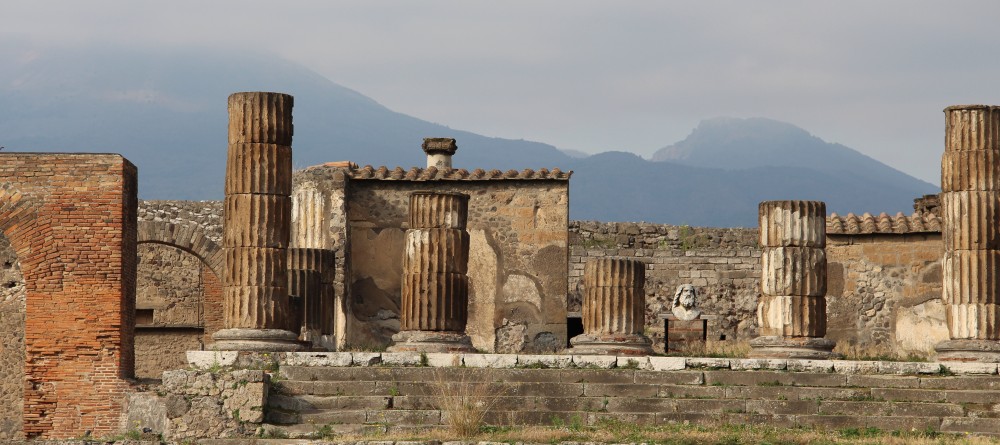I couldn't be more psyched about this semester. The Clock has an incredible staff and great leadership from Sam Kenney and Brooke Thornton. The work we've begun on faculty governance is now in the hands of a very capable group of faculty, PATs, and OS. My Twice Told Tales class is very engaged in the readings and the course. My Technical Communication classes (complete with several re-tooled assignments/structures) are coming along very well.
But more than anything else, I'm excited to be a part of another semester of Advanced Technical Communication. Anyone who's talked to me for more than two minutes in the last two years knows that the first offering of that course was the peak of my teaching career to date. My current class of six was hand-picked from among the best students I've worked with in the past two years. And they're ready to go--they've even suggested blogging (why else would I be blowing the dust off of this ancient blog?) as a way to track the project over time. More than a seminar, the class is a lab. I'm there to guide them when necessary, but for the most part, they "discover" their path and they set many of their own goals. I'm not basing my high expectations solely on the Fall 04 experience, I'm basing it largely on my confidence in these six remarkable students.
This year, we're working with Evelyn Stiller from the Computer Science Department to develop a web site that will help students in the Web Expressions course learn to use PhotoShop Elements. Together, we'll be learning to use PhotoShop Elements (our subject and one of our tools) as well as DreamWeaver, pbWiki, and any other tools we need. We'll be meeting regularly with Dr. Stiller to get background, receive feedback, and apprise our "client" of our progress.
For now, we're still forming as a team. We're relying on the text to give us some background knowledge and points of reference for later on, we're exploring our own roles, we're investigating tools and the client application, we're branding our group and generally getting to know each other in this new context. If experience is a predictor, we will be a solid team by this time in two weeks and that team will become more skillful and tightly-knit even as the deadlines begin to loom large.
To top it all off, three students from the former class have agreed to visit the class this year to participate in discussions, talk about their current role as technical communicators, and generally cheer the current group on.
I love this job.
